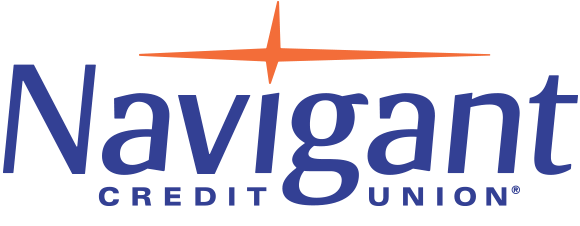By now, many people have heard of the term “phishing,” but the term “vishing” may not be as familiar. Vishing is short for “voice phishing” where the goal of the thief is to access your identity and money using the telephone. Vishing relies on “voice over phone technology” to trick you into providing information that others can use to access and use your important accounts. The thieves can then pretend to be you and open accounts, loans and other things. The following are some typical vishing scams:
- You may receive an email indicating there has been a problem with your account or requesting information and directing you to call a phone number. When you call the number, a pre-recorded message takes you through many different prompts, leading you to reveal personal information by recording it after a tone.
- You may receive a pre-recorded phone call where you are taken through a series of prompts asking for important information using your telephone’s touch tone pad.
- You may receive a call from a “live” person soliciting information from you based on the fact that your account has been compromised. They then direct you to a pre-recorded message for you to leave your updated information.
Do not be fooled! These are all attempts to get your personal information into the hands of thieves who will use it unwisely. How can you avoid be tricked? Consider the following tips:
- When calling Navigant Credit Union or any other company, always use the telephone numbers that appear on your last statement or on the website. Do not call numbers found in unsolicited emails or on websites that were sent as a link in an unsolicited email.
- Do not provide personal information to anyone over the phone unless you are the one who solicited the call. Remember, at Navigant Credit Union, we have all of your financial information and would not need to call you to ask for it.
- Forward any email or solicitation given to you by Navigant Credit Union to make sure it is legitimate. Not only will it protect you, but it will protect our interests, reputation and we will be able to assist others in a timely fashion.
- When in doubt, hang up the phone and contact the company for whom the thief is “pretending” to represent. If the call was genuine, the representative on the phone will understand your concerns and still be able to resolve any issues. If the call was a scam, you will be protected and you will have alerted the company about the scam as well.
Remember, it is always better to be safe than sorry when it comes to your personal information. Take the necessary precautions to protect your personal information from getting into the wrong hands.






